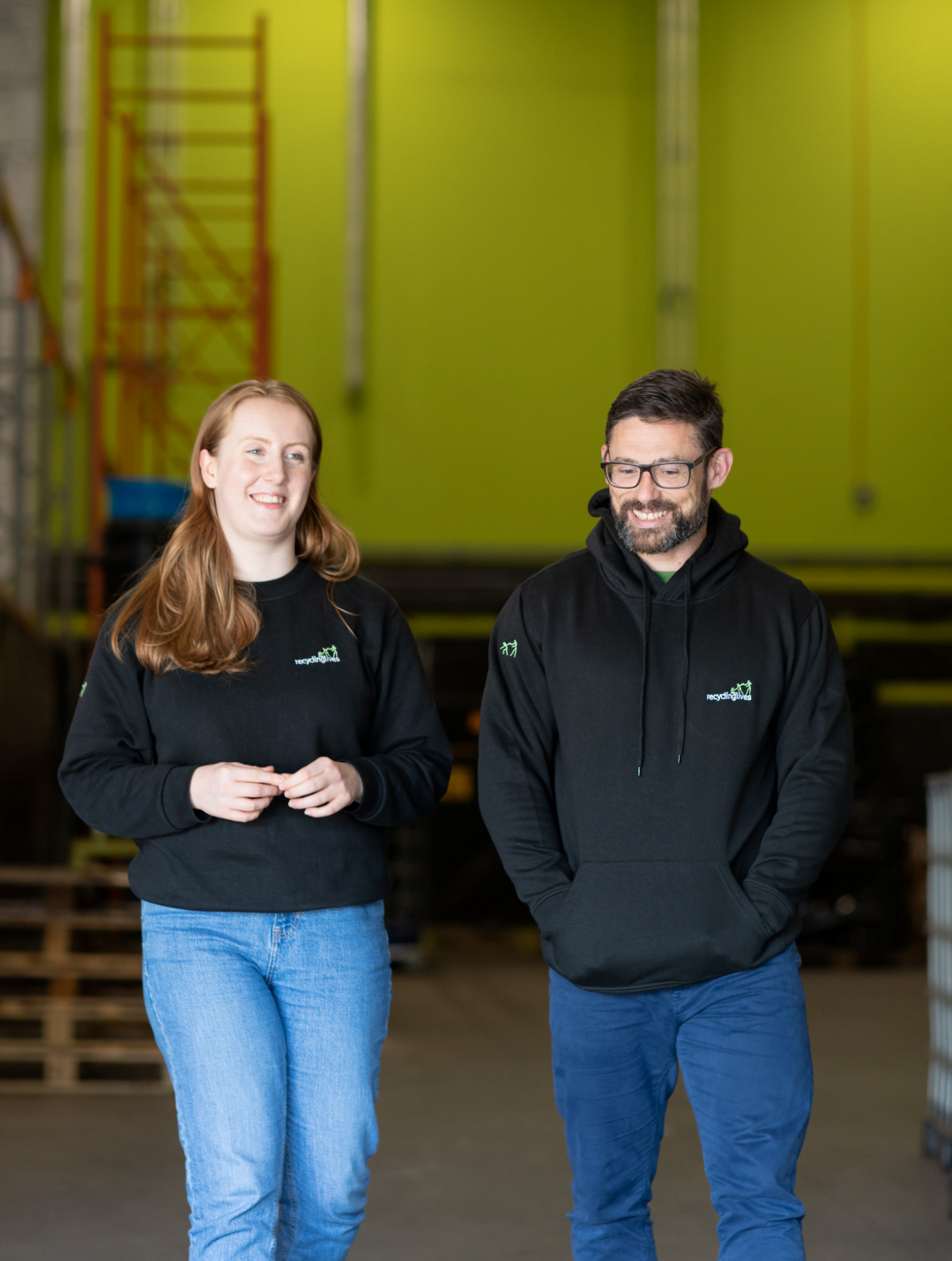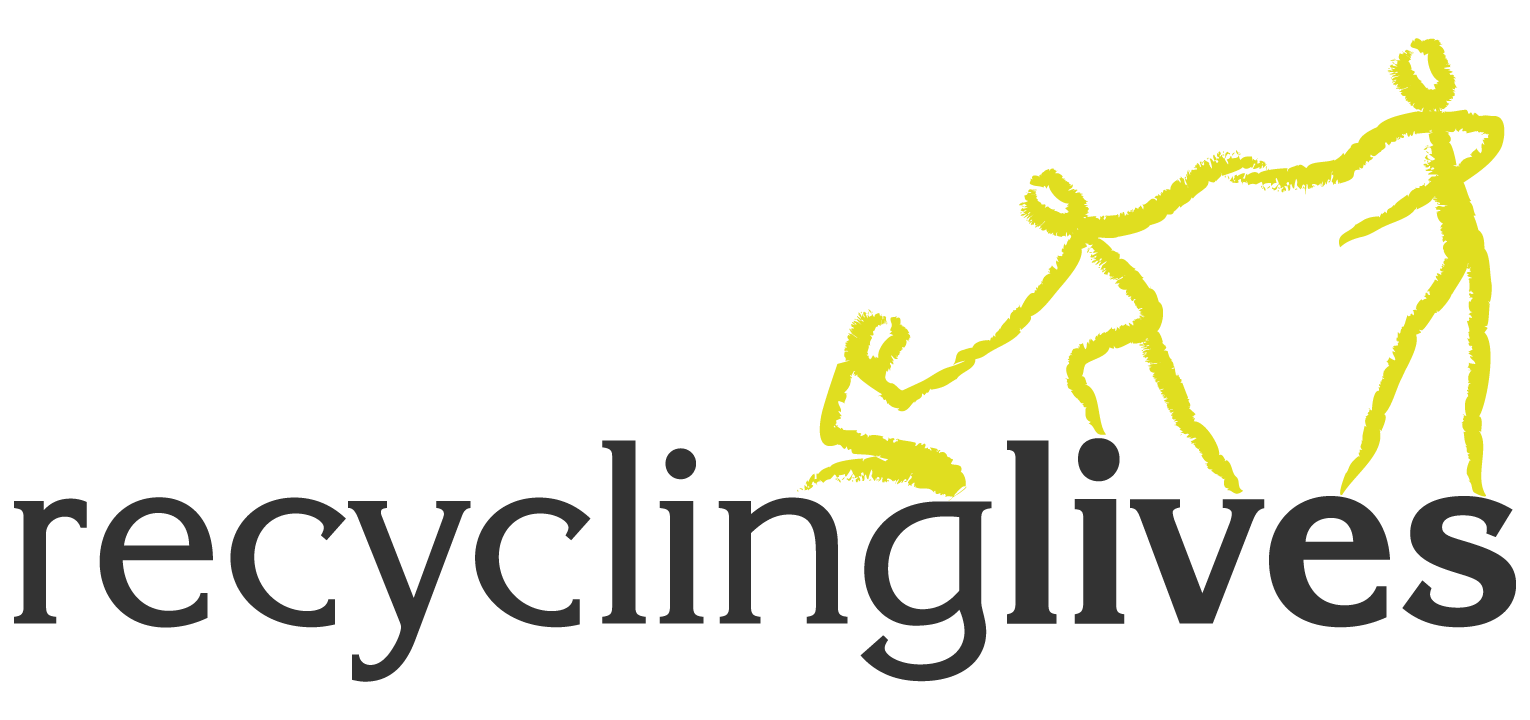“Coming out of Covid was always going to be different and 2022 threw many challenges at us. Some of these were unexpected and the likes of which I have never seen before. However, our team have risen to those challenges and we have always got through.
“Not just that, we’ve done much more and gone much further.
“We have gone way further than any organisation I know does to help the people who we work with. There’s no magic – just hard work and a caring attitude to help people.
“Our Year In Review shares all the ‘behind the scenes’ stuff we’ve done operationally, to grow or sustain our work. We’re sharing it to give a bit of insight into how we deliver our impact. As ever though, why we do it is what’s important to us. We’ve included links to testimonials from the men, women and communities we support throughout – these best tell our story and impact.”
Alasdair Jackson, Chief Executive
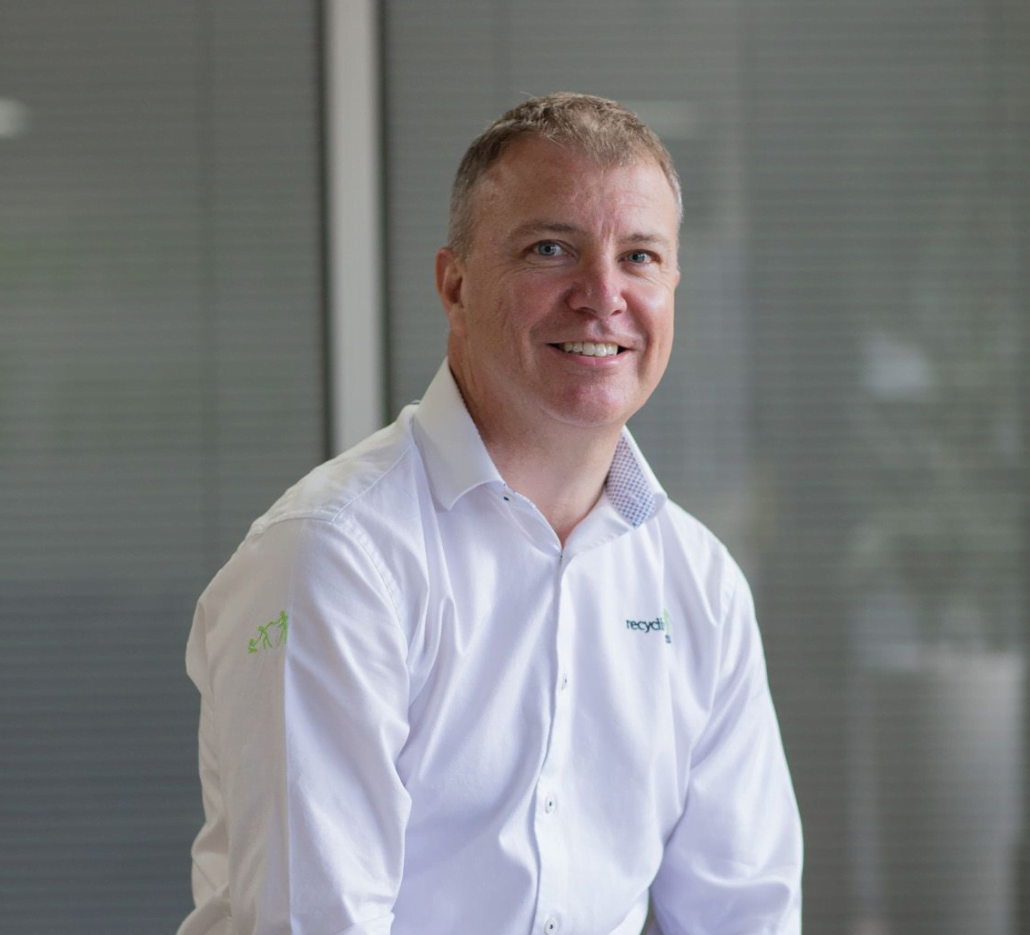
How we're changing lives:
-

Our rehabilitation programmes support people to live independent, fulfilled lives. We offer peer support, training, work, housing, and specialist support to men and women across the North West, Yorkshire and Midlands. Participants overcome histories of offending, addiction or homelessness and become better able to manage mental health, personal finances and day-to-day life.
-

Our food programmes equip communities and individuals with produce and skills. We redistribute food to charitable groups across Lancashire and Cumbria, allowing them to feed people facing food poverty. This also prevents waste by intercepting surplus stock from food retailers. We also train people in cooking skills, allowing them to better manage their nutrition and personal budgets.
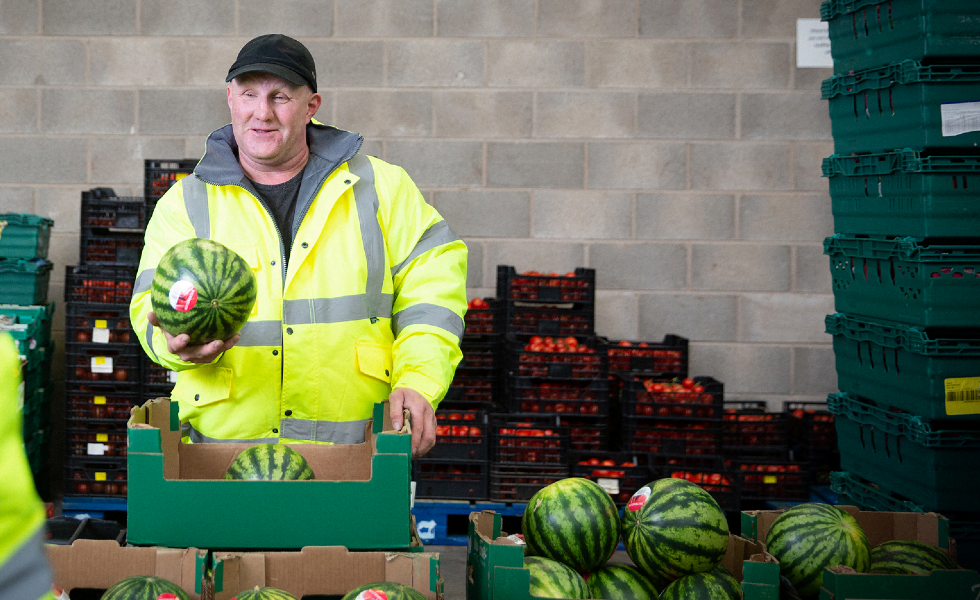
Feeding communities
2022 was another rewarding year for our Food Redistribution Centre.
Getting food out to groups feeding people in need is our main reason for being. But at the same time we’re also preventing food waste – diverting thousands of tonnes of edible produce from going to landfill.
Working with food retailers and 115 charities and community groups (CFMs), we delivered 3 million meals and diverted 1,300 tonnes of food from waste in 2022 – all supported by our partners at FareShare UK.
To cope with increasing demand and ongoing supply chain challenges, we further expanded our operations, bringing in new team members, finding new supplier partners and sourcing our own wagon for collections.
Addressing the cost-of-living crisis
The growing cost-of-living crisis had a huge impact through 2022. For some CFMs, demand nearly doubled. As the need rose they had to be creative, finding new ways to make their work go further.
Some have revised their operating models. And as more and more people face food poverty, CFMs have had to find how best to make people more comfortable in accepting help, without feeling shame or a loss of autonomy.
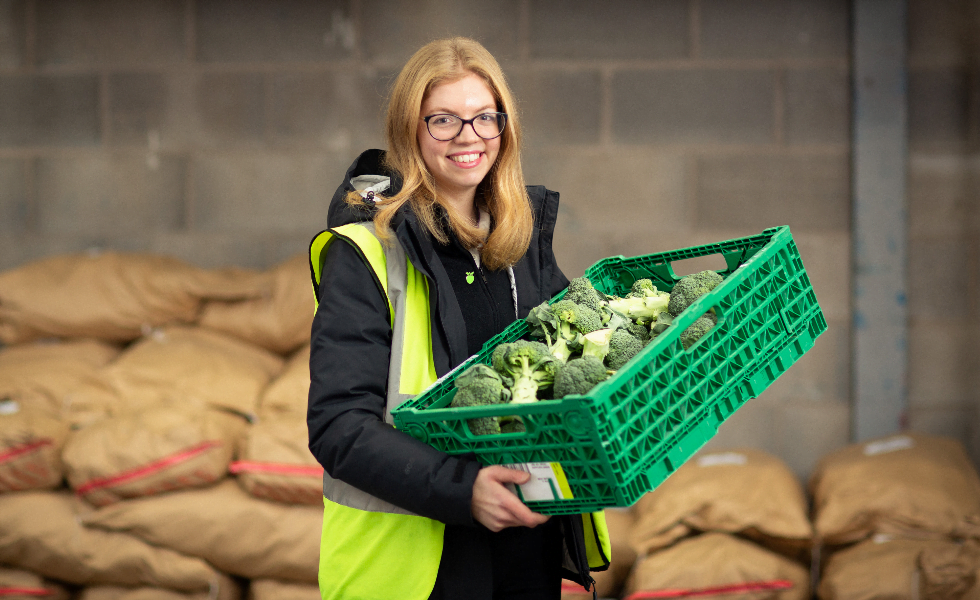
Many of our CFMs told us their aims have shifted in recent months too. Where FareShare seeks to both reduce food waste and tackle food poverty, many of the groups we supply now say tackling food poverty is their number one priority.
“We started off being
environmentally focussed but now
we’re entirely a support organisation.”
Read about South East Blackburn Food Hub here.
Community continues to be at the heart of all our CFMs’ operations – bringing people together to share their skills, offer mutual aid and practical support, and create a sense of belonging.
Supporting volunteers
Our food redistribution is helped hugely by volunteers, 88 of whom gave their time with us last year.
Volunteers range from overseas students to care leavers to offenders on day release as well as retired professionals. They give their time to help others and in return improve their skills and confidence, develop new connections, and much more.
We were proud to support more than a third of last year’s volunteers into employment as a result of their skills gained.
“It’s nice to meet the groups taking the food and know my volunteering helps so many other people.”
Read Jean’s story here.
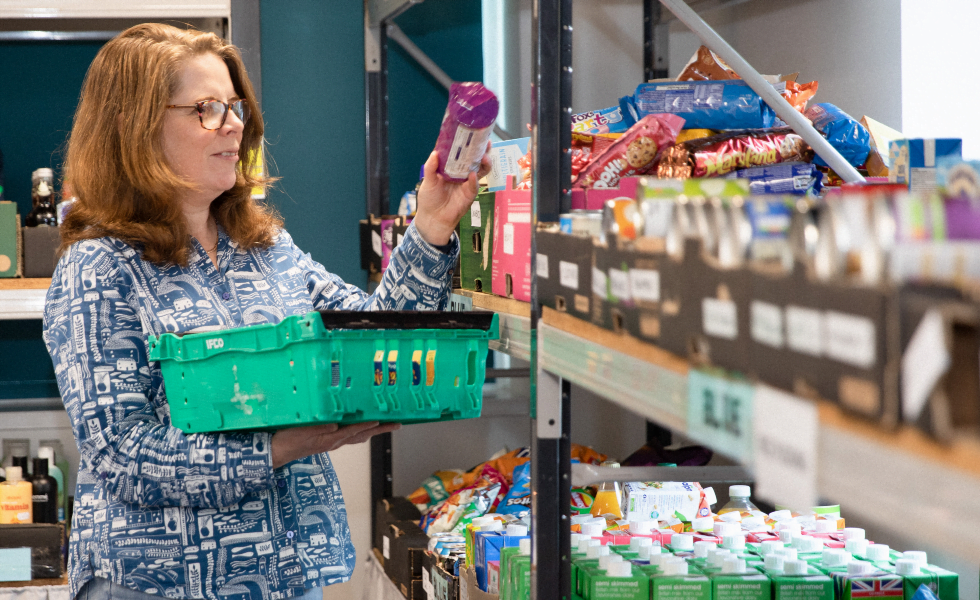
Enhancing our operations
Ongoing challenges across supply chains made maintaining consistent stock levels a real challenge through 2022. Sourcing our own wagon, which is allowing us to collect up to 25% more produce, is helping us to overcome this.
As demand continues to rise for food, forging new relationships with new suppliers across the food retail sector is critical too.
Partnership opportunities – Speak to us about diverting your surplus stock to feed communities.
Finally, we ended the year with a series of promotional films fronted by comedian Jon Richardson. He visited our Centre and met with CFMs to use his platform to further raise the profile of our work. Watch all the films, here.
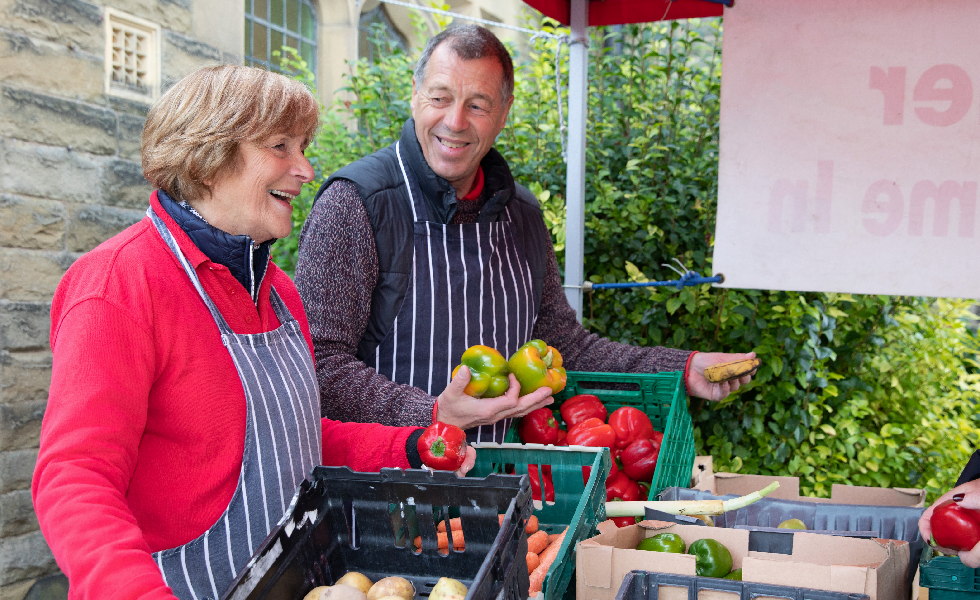
Launching a training kitchen
In summer 2022 we diversified our food programme by adding a training kitchen to our community cafe. With funding from FareShare and working with Jamie’s Ministry of Food (founded by chef Jamie Oliver), we now deliver a range of cookery courses.
Our chef trainer guides people through cookery techniques and related skills, equipping participants with knowledge around nutrition and budgeting. Ranging from one-offs to eight-week courses, the classes are tailored to suit each cohort’s needs. They have helped our other programme participants to improve their life skills and also allowed our CFMs to upskill volunteers or bring their own service-users to classes.
Learn more about the training kitchen, here.
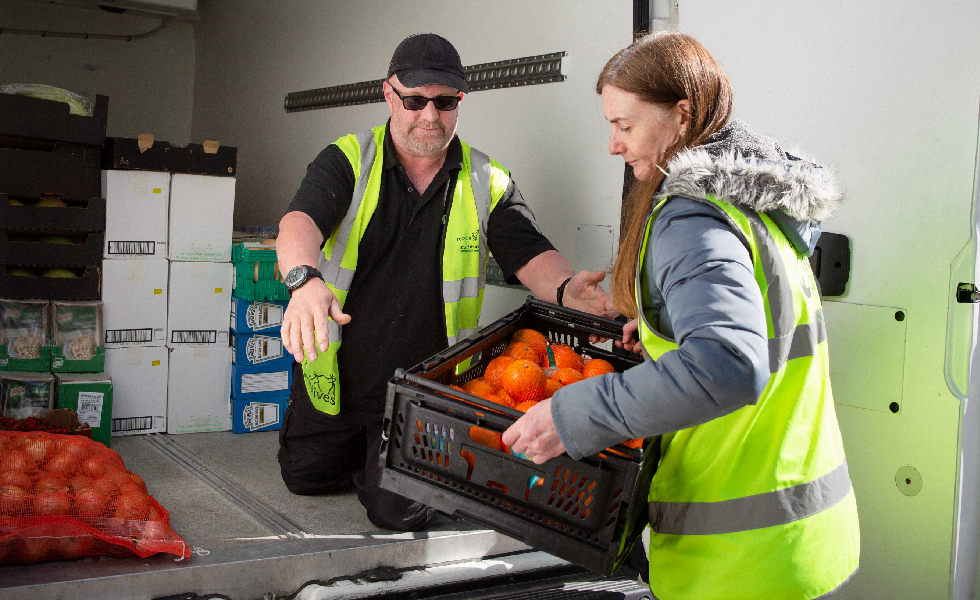
Changing lives
2022 brought both growth and stability to our rehabilitation programmes.
After the turbulence caused by lockdowns through 2020 and 2021, our teams were able to get back to ‘business as usual’. Visiting prisons and building trusted relationships with participants and prison staff in-person vastly improves outcomes.
Stability in job markets and shifts in attitudes from employers also helped our participants to secure jobs across a wider range of industries. We supported 130 people every month through 2022. Of those, 78 were released from prison and 55 moved into employment.
Growing our prisons work
The new year brought new opportunities for dozens more men and women, as we began working in more prisons in January 2022.
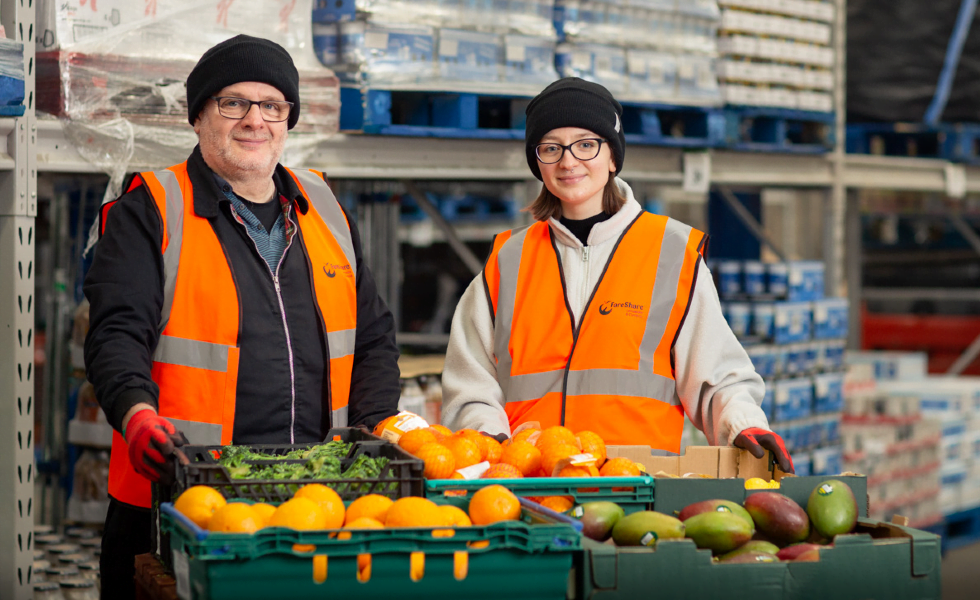
We took our work into three new men’s prisons, HMPs Hull, Humber and Wealstun in the North-East, and one women’s, HMP Foston Hall in the Midlands, and also expanded in one of our existing men’s prisons, HMP Sudbury.
Funded by The National Lottery we’re supporting offenders in workshops run by the prisons, allowing us to expand our reach without needing to open new workshops of our own.
Feedback from prison staff and offenders has been overwhelmingly positive and the team have worked really hard to make this new venture work.
“Recycling Lives is giving the men support they wouldn’t otherwise get.”
Read prison officer Anett’s view, here.
We are now in talks with other prisons with a view to expanding this programme and working with more existing workshops.
Partnership opportunities – Speak to us about offering employment to one of our participants
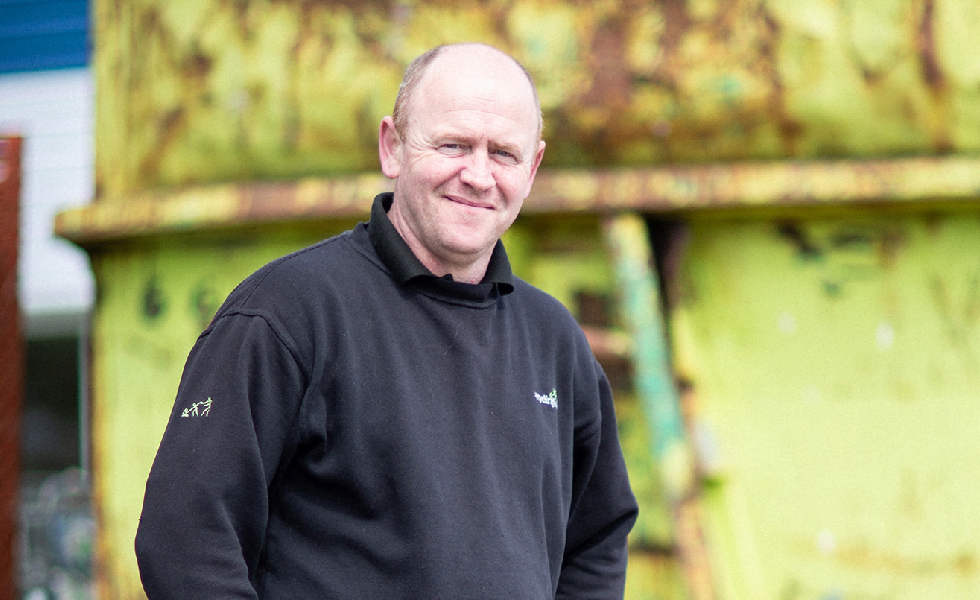
Expanding our community work
We also grew our community-based rehabilitation work last year, taking our Achieve programme into Greater Manchester.
The Achieve programme offers funded work placements to ex-offenders on probation. Working with partners from Suez and Recycling Lives Ltd, we supported 14 people into work trials, with 7 of those already gaining further employment and more successes on the horizon.
Our community-based recycling workshop in Preston – opened in 2020 to overcome the challenges of prison closures – has become an integral part of our operations. It offers opportunities to participants from all our programmes, as either a first port of call for new participants from the community and continuity of care for our prison leavers. Offering opportunities to around 13 people each month, it also supports good financial stability by delivering on recycling contracts for our commercial partners.
We also diversified the delivery of our Achieve and SELNET funded programmes in Lancashire in 2022. By being flexible with eligibility criteria, and using our Preston workshop as a base, we have been able to support more people in need.
“I would never have thought life could be this different just a few months ago.”
Read Yvonne’s story here.
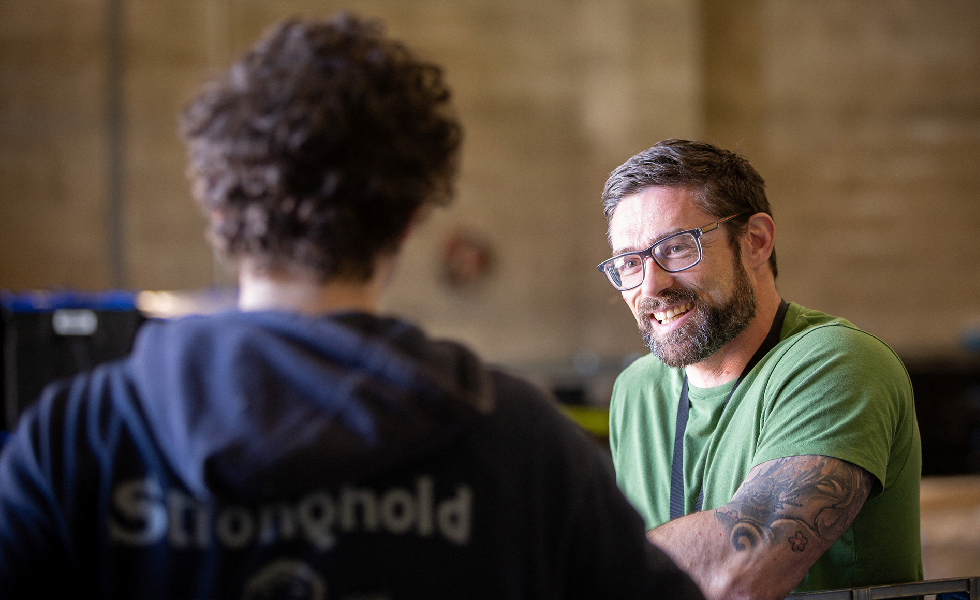
Upskilling our team
To support and sustain our growth, we facilitated a range of training to upskill our team through 2022.
This included refreshers for Trauma Informed Care, drug and alcohol awareness, and Equality, Diversity and Inclusion (EDI). We also ran a trial on Reflective Practice, held a short seminar to understand benefits for prisoners post-release, and are exploring training in grief counselling for our specialist support team.
“I get to know the person behind the probation reports or ‘homeless’ label.”
Learn about Kat’s work, here.
Connecting people
As ever, our offer has extended far beyond training and employment support. We’ve equipped participants with smart phones, tablets and bicycles to help them stay connected and active, all thanks to the support of funders and sponsors.
We’ve also introduced a bike upcycling scheme. Encouraged by one of our ROTL lads, a qualified bike mechanic, we repurpose scrap pushbikes, gifting them to participants to get to work or exercise on.
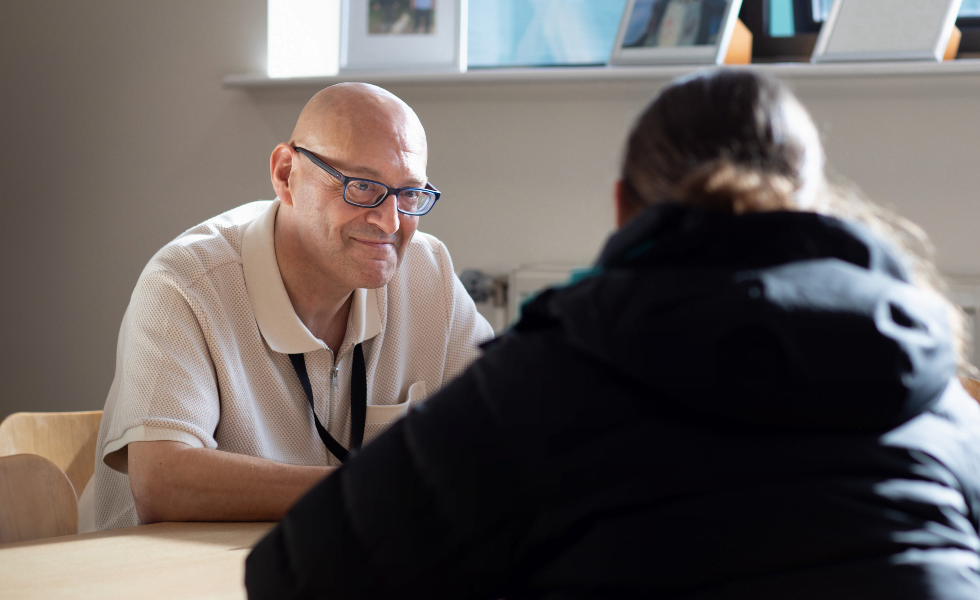
Integrating the ACE Project
In mid 2022 we took over the ACE Project, an already well-established programme which supports ex-offenders in the community.
Like our other programmes it supports people with histories of offending by offering wrap-around, tailored support. However, it differs by supporting people with multiple and complex needs – often with ongoing substance misuse, mental health or housing challenges. To best support participants it focusses on wellbeing, structure and independence for participants, over training and employability.
“The ACE Project is priceless to me. It’s been my foundation for everything – my mental health, my flat, my finances.”
Read Colin’s story here.
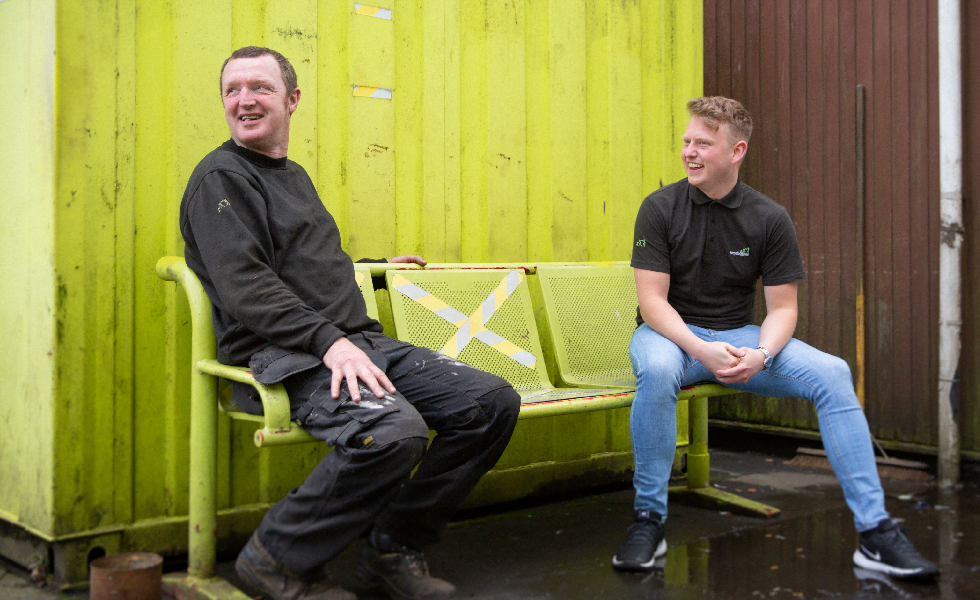
The ACE Project offers a mutual aid element and delivers educational workshops too.
Its mutual aid group – the MAP Group (Members After Prison) – brings participants together weekly to offer peer-to-peer support and guidance.
Members of the group also visit other organisations to deliver talks on substance misuse, offending and related issues. By dispelling myths or misunderstandings around these issues, they educate and inspire groups training or working across the emergency services, social services or third sector.
The ACE Project has seamlessly integrated with our wider team, allowing its team to expand their offering to participants through volunteering opportunities.
Partnership opportunities – Speak to us about sponsoring this programme or booking a talk from the MAP Group
How you can work with us:
Partner - Employers can support our work by partnering with us to offer training and work to participants. We support businesses to recruit and retain hard-working, loyal team members. Contact: [email protected]
Sponsor - Businesses can sponsor our programmes, offering one-off or regular donations to support our work. We share regular updates with sponsors, allowing them to report on CSR commitments. Contact: [email protected]
Supply - Businesses across the food retail supply chain can send surplus stock to our Food Redistribution Centre, preventing it from going to waste. Contact: [email protected]
Donate - Individuals can make donations or pledges to support our work.
Refer - If you have a friend or family member you think would benefit from our support, please do get in touch.
Share - Share this and other regular updates on socials or with your contacts to spread the word about our work.
